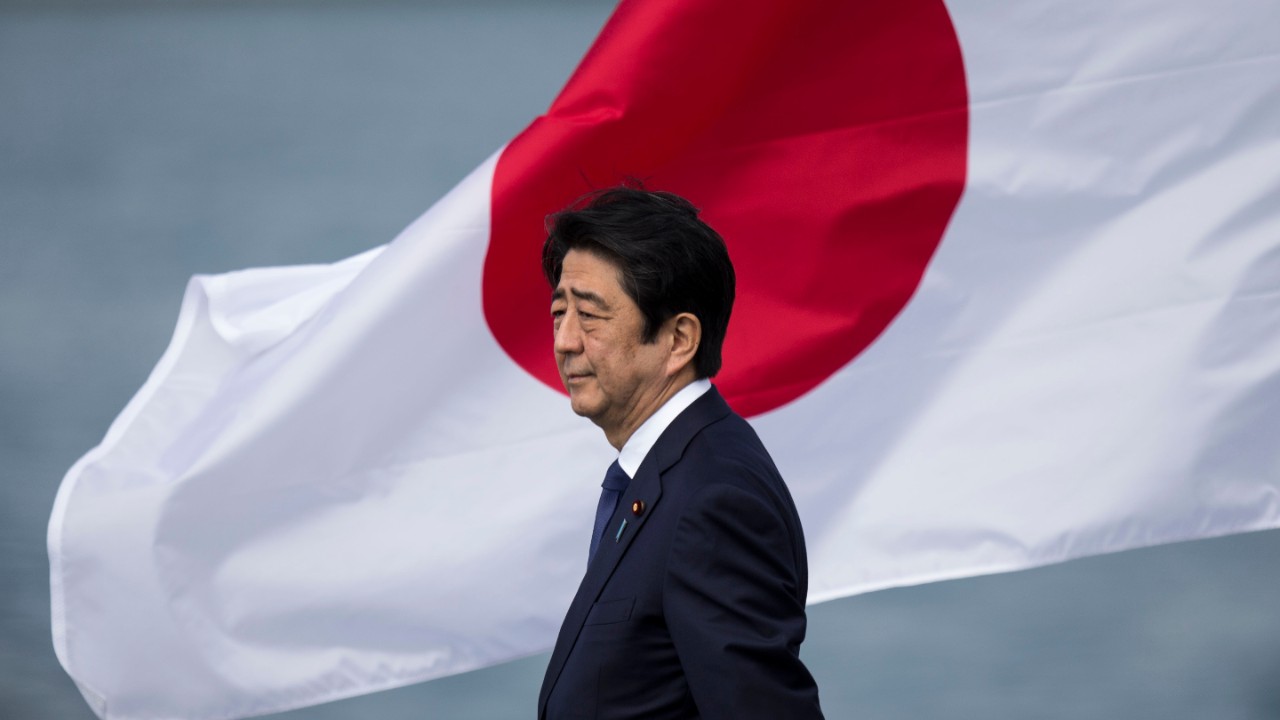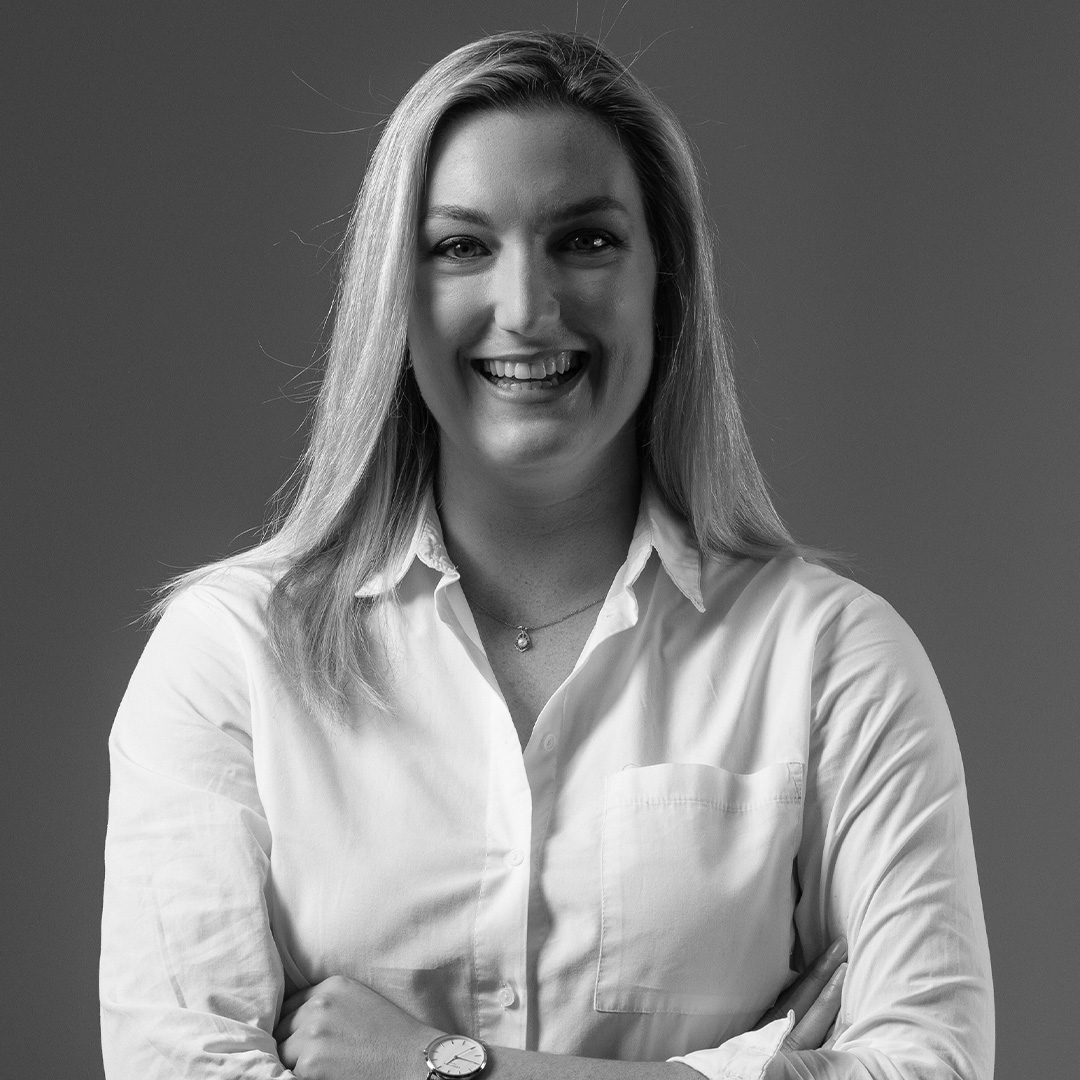Japan's Prime Minister has ordered an investigation into the Church that is linked to Shinzo Abe's assassination.
Famous for its mass weddings and labelled a cult, the Unification Church has become a source of public anger in the country.
Our World News Editor Kate Gregan has the details.
Shinzo Abe was not his assassin’s preferred target.
His killer - Tetsuya Yamagami - says he killed the former leader because he supported the Unification Church.
The assailant blames the church for his family’s financial ruin.
His mother, a committed follower, had gone bankrupt after donating more than a million dollars to the sect.
But since Abe's death - it's been revealed more than 100 of Japan's lawmakers have ties to the church -- and nearly 80 percent belong to the ruling Liberal Democratic Party.
Prime Minister Fumio Kishida claims he shouldn't be included in those figures.
"I would like to say that I have no connection with this church as far as I know."
Officially known as the 'Family Federation for World Peace and Reunification', the church was founded by a self-proclaimed messiah in South Korea in 1954.
It's seen huge growth in Japan since the 60's - when Shinzo Abe's grandfather, who was also the Prime Minister, promoted the movement.
For decades, Japan has reportedly been the church's biggest source of income -- but now, many residents want it gone.
A group of lawyers - led by Yasuo Kawai - has asked the government to dissolve the church over alleged abuses -- including forced donations.
"There is no question that Shinzo Abe's assassination is unforgivable. I hope however that this incident will clarify the victims of the unification church and the connections between the politicians and the church.
"With that being said, we hope such things will never occur again."
The Prime Minister has now reshuffled his cabinet in an effort to distance his government from the church.
But Jeffrey Hall, an expert on Japanese politics at Kanda University, says that's easier said than done.
"Each day there's new stories in the press about politicians having some links to the church whether it be accepting volunteer staff members for their campaigns or participating in church-related events, you have national lawmakers, cabinet members, city mayors and all the way down to city assembly members who are being shown to have ties to this church."
The Unification Church, which has about 100,000 active followers in Japan, has denied any wrongdoing.
SIGN UP TO OUR NEWSLETTER.
Every Wednesday, we send you an email detailing the biggest and most interesting topics that week. We'll send you the conversations, interviews and perspective-bending opinions that piqued our interest. Sign up below.














